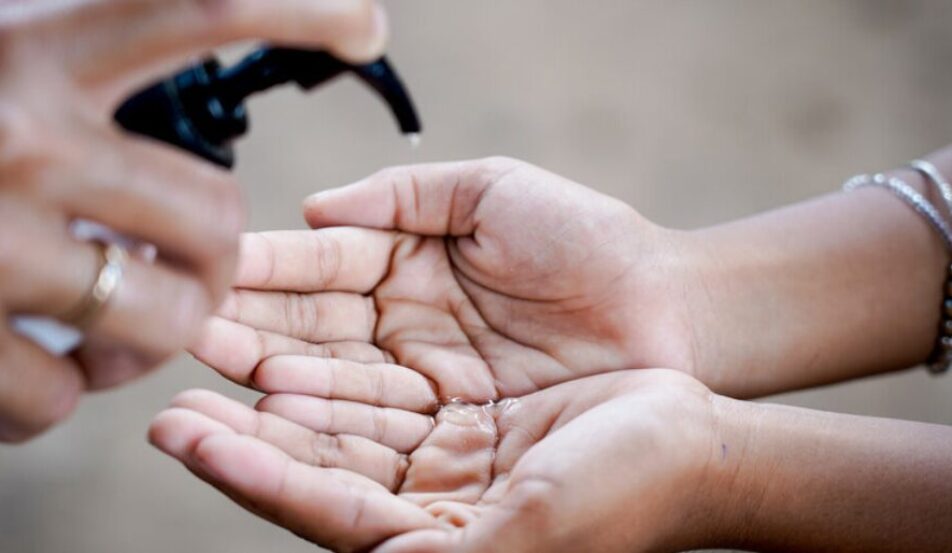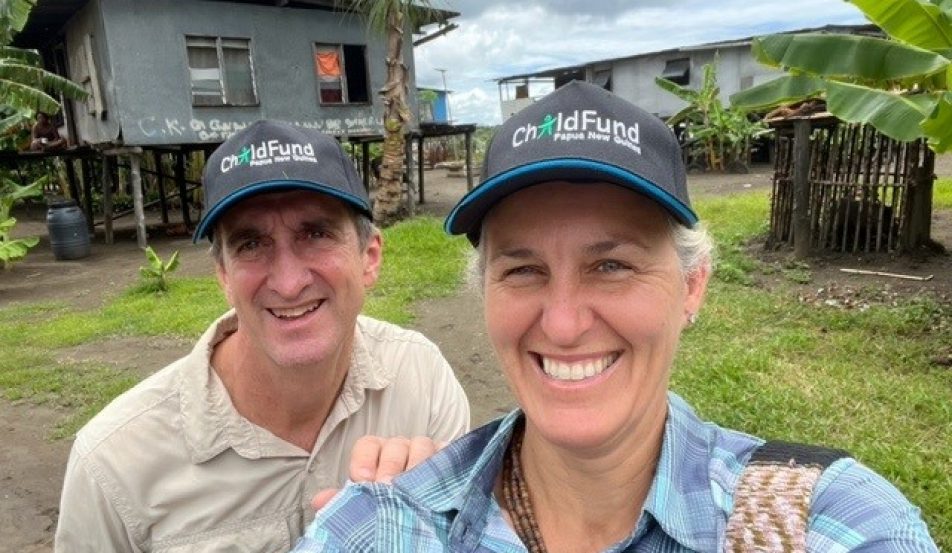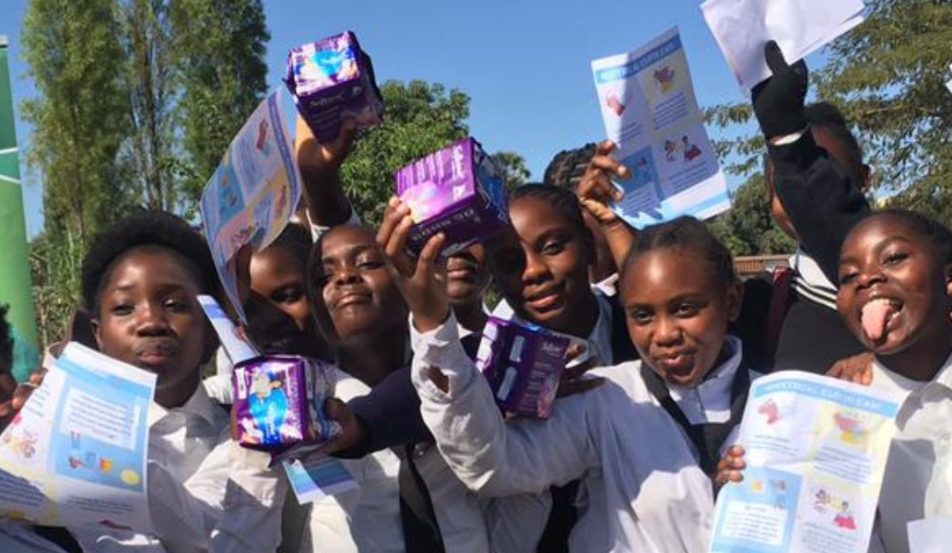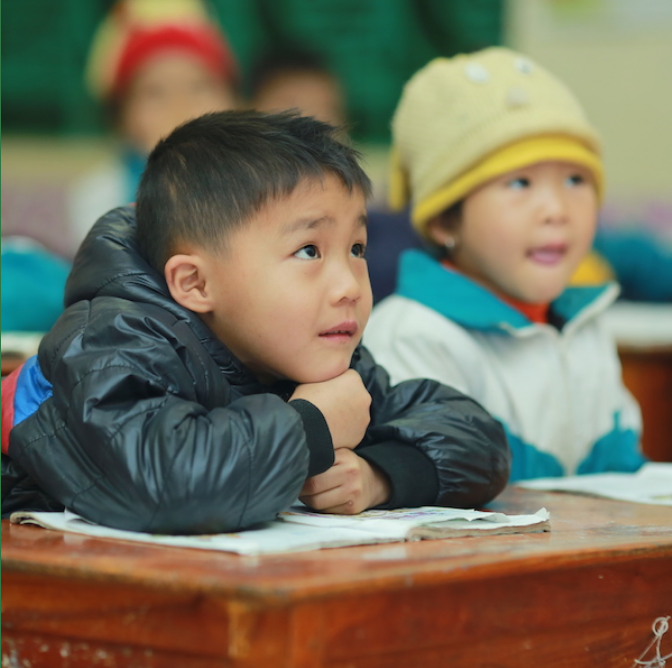A village cares for its own
In the mountains southwest of Honduras’ capital, Tegucigalpa, latrines are the first visible evidence of ChildFund’s presence. Along the dirt roads winding toward the village of Lepaterique, more and more homesteads boast the shiny aluminum-siding outhouses bearing the spray-painted words, “Child Fund Honduras ADAL.”
Lepaterique is a rural community where ChildFund implements various initiatives through “ADAL” (Asociacian de Desarollo del Ãrea de Lepaterique) -ChildFund’s local partner. Hearing the experiences of some residents who participate in our efforts makes clear that ChildFund’s work has a much deeper effect on the community than latrines, or even decreased maternal and child mortality rates.
Jessica, whose second baby is due at summer’s end, has volunteered for the last three years as a health monitor for children younger than 2 in her hamlet a few miles beyond Lepaterique. Outside her tiny adobe house, brightly coloured laundry sways in the breeze gently spiced with smoke from her cooking fire.
At first, she says, mothers didn’t exactly welcome the offer of monthly weighing and check-ins for their children, let alone some basic education about health and infant nutrition. “They would say, “Going to weigh children will make me lose my time,” she says. “I just kept telling them how important it is to keep track of your child to make sure that they`re eating and growing and healthy.”
Now she and three other volunteers share responsibility for tracking 44 children, most of whom are on target for their ages. “They all cry very loudly when they are being weighed,” says Jessica with a little laugh.
Why does she do it? “For the love of the community,” she says. “For the love of the children. Just knowing that I’m helping my community – that there won`t be dead children.”
Suyapa has taken the younger three of her seven children (pictured below) to those monthly monitoring sessions. On this day, she welcomes a group of visitors that includes Waleska Alcerro, a ChildFund nurse who works in the community, and some ADAL members. Scowling from Suyapa’s arms is her youngest, 1-year-old Luz-Marina. Suyapa says Luz-Marina has had diarrhoea for a month.
 It`s easy to guess why: The family’s water source is a runoff-fed puddle at the bottom of the hill where they live. Waleska reminds Suyapa to boil all her water – that the rainy season makes it even more contaminated.
It`s easy to guess why: The family’s water source is a runoff-fed puddle at the bottom of the hill where they live. Waleska reminds Suyapa to boil all her water – that the rainy season makes it even more contaminated.
When asked about her experience with the health monitors, Suyapa becomes animated. “I tell the other people who go that the main reason why I take the kids is for me,” she says, “for me to know that my children are growing safely and well. I mean, look at my kid.” She strokes Luz-Marina`s curly hair. “You would think that she`s healthy, because she’s chubby. But she has not met the growth targets, so I know that I have to pay extra attention.”
A little later, as the visitors prepare to leave, Gerardo Colindres, ADAL’s administrator, offers to deliver a latrine the next day – he’s noticed the absence of this important piece of household sanitation.
“Thank you, but we won’t be here,” Suyapa says – she just learned that the family is being evicted and will have to move out the next day. She isn’t sure they have a place to go.
ADAL, ChildFund`s partner, will ensure that they do.
Gumercinda is one of Lepaterique’s traditional birth attendants (TBAs) who meet monthly at the village’s health centre to take ChildFund`s ongoing training in prenatal care, healthy practices, obstetrical emergencies and decision-making about referral and transfer of labouring women.
A midwife for decades, Gumercinda has taken to heart the training`s goal of making facility-based births the norm and births at home (usually assisted – if at all – by an untrained caregiver) the exception. In fact, she has refused to deliver any of her nine grandchildren.
She recounts the story of one mother who insisted on giving birth standing up, a scenario no TBA or nurse from the health centre was prepared to handle. And, she says, “Her feet were very swollen, and she was having lots of problems.” So the health centre referred the woman to the maternal health clinic in Tegucigalpa.
But it wasn`t her time yet. After four days, she was sent back home to wait.
That night, the woman and her family appeared at Gumercinda’s door: “She’s in pain, and we need help!”
“I have to refer you to the clinic,” she told them.
“But we don’t have any money,” they said. “We spent our money on four days in Tegucigalpa!”
So Gumercinda went to one of ADAL’s community mobilisers. “What can the association do for this woman?” she asked. “How can we help her?”
He suggested that the mayor could probably find her a ride, but in the meantime, the labouring mother’s water broke. “And you know once the water breaks, you have to deliver the baby,” says Gumercinda, who did – just as soon as she and the woman’s husband convinced the patient to lie down. Mother and 8-pound boy are well.
Jessica, in her work to support the health of Lepaterique’s smallest children, pours her love into the community through a program that will offer the same support to her when her own baby arrives. Suyapa may not have understood what she could ask for, but the community was there for her anyway. Turning to the community was Gumercinda’s first thought when someone in trouble came to her for help.
Ultimately, ChildFund’s work teaches entire communities to recognise themselves as their own resource – all for the benefit of the children.






